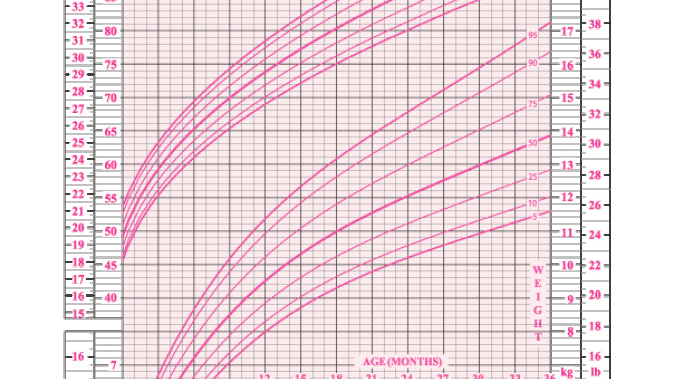I complain a lot about the lack of common ground out there about eating disorders. There are theories posited in conversation and in the press and even in refereed professional journals giving definitive, yet unfounded theories on the causes of eating disorders. So, why the lack of common ground?
I don't think it is deliberate, or a hidden agenda, or anyone's greed or carelessness. I think it is JUST COMPLICATED.
diagnosis - Eating Disorder Recovery
Back in 2002, when I first started learning about eating disorders, it was rare for the media to mention genetics. Now it is rare for it not to be mentioned. But how much further are we on this? The idea of a genetic predisposition to eating disorders still causes a range of reactions: from relief to ridicule.
When most people think of anorexia, they think of weight loss. But often the first clue isn't losing weight, it is a child failing to gain expected weight.
At first your child's new habits seem normal, even admirable: a diet to shape up or new health-conscious habits. Then it seems to be getting extreme: refusing to eat what the family is having, and questioning every ingredient. One day, you realize this isn't a phase, this is an eating disorder, and the eating disorder can get very ugly, very fast. As a parent, it's important to support your child and not to demean them for their mental illness. It's important to separate your child from the eating disorder.
It sounds like a reasonable question: "What is your ideal body weight?" But beware: this is a technical term that is often confused for what it sounds like: an aesthetic ideal.
I am a tap dance student, and last night was our yearly recital. As I stood in the wings, literally, reading a review copy for an upcoming book about anorexia, I was surrounded by dancers of all ages and shapes. As a job hazard, I watch the kids for signs of eating disorders. Since no one is eating on the stage - or face the wrath of Miss Linda - you may wonder what I'm looking for.
When our family is dealing with a horrible situation, it is natural to want others to understand OUR issue. I wish it didn't have to be a competition. We are all in this together.
I used to believe an eating disorder was a choice. I thought extreme food choices and overblown beliefs about food and weight and the body as eating disorders, by definition. I thought these weird food choices needed to be dealt with by explanations and logic and stern words. It was clear to me that people who fasted half the day were internalizing their moral asceticism and people who dieted and then overate were more silly than anything.
The public doesn't need help describing anorexia and bulimia and other eating disorders. Ask most people "What is anorexia?" and they'll have an answer, an opinion, and a list of people they know who have it. We can define it, but unfortunately our ideas are often wrong. That's why we need the "DSM," which stands for the Diagnostic and Statistical Manual published by the American Psychiatric Association.







